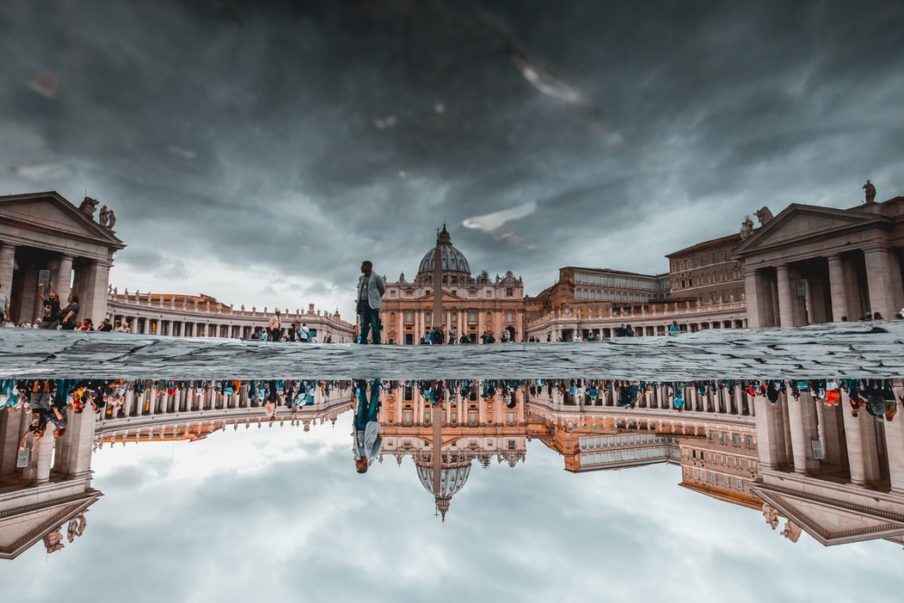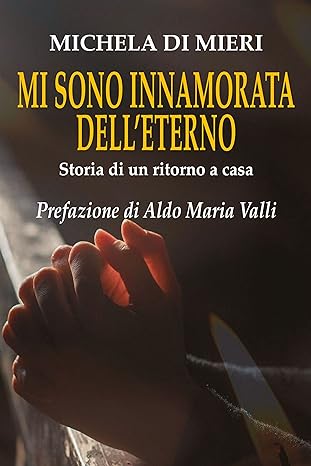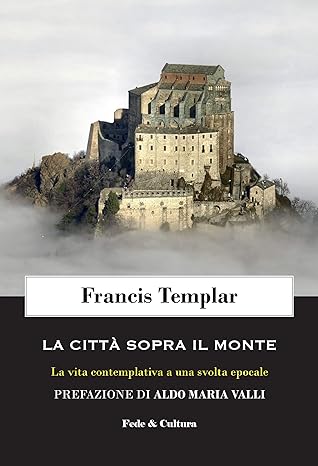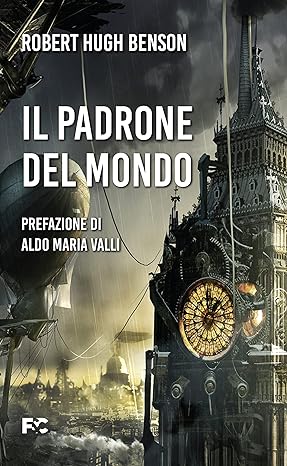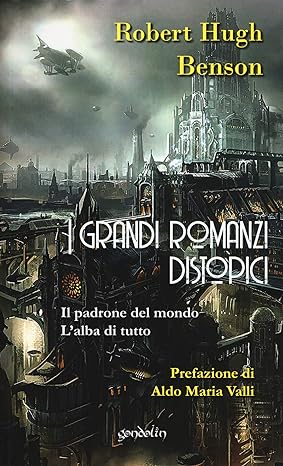The Italian Vaticanist and author Aldo Maria Valli has clarified an article he published Feb. 23 provocatively entitled “Rome Without A Pope: Jorge Mario Bergoglio is There, but Not Peter,” saying he believes Francis is Pope, but he doesn’t think he’s acting as a pope.
In a Feb. 24 blog post entitled “Peter’s Errors, However Serious, Do Not Give Us the Power to Revoke the Petrine Mandate,” Valli paraphrases a message sent to him about the article from Father Alberto Strumia, an Italian priest and mathematician, who said that whatever mistakes the Pope has made, they do not give the faithful the power to revoke the Petrine mandate.
“Only Christ has the power to intervene and knows how to do so,” Father Strumia wrote, adding that we must never forget that “the temptation to detach oneself from the Church in the name of scandal triggered by doctrinal errors and to justify someone who, in the name of these errors, triggers a schism, cannot be followed without objective damage being done by the one who gives in to it, harm that has repercussions on him and for those who follow him.”
“Therefore, stay in your place,” Father Strumia continued, “because the fate of your soul depends on it.”
Valli said he was sincerely grateful for Father Strumia’s care for the fate of his soul (a priestly concern, he said, not to be taken for granted nowadays), and added:
“I would just like to make one clarification. Perhaps because of the title I gave it, my intervention was taken by many as a reflection dedicated to the question of whether or not Bergoglio is pope, and my words were considered to have a sedevacantist flavour. In reality, the question that I wanted to put at the centre of the article (with all my limitations, but with the passion that comes with baptism) concerns another issue, namely what kind of God is proposed to us by Bergoglio? In my very humble opinion, he proposes to us a diminished God, a watered-down God, a God who is not a father but a companion. A God who does not forgive, but exonerates, a God who does not want to save man, but acquits him, a God who does not point to divine law but seeks extenuating circumstances. Whereas God, the God of the Bible, is patient, but not lax; he is loving, but not permissive; he is caring, but not accommodating. In a word, he is a merciful father in the fullest and most authentic sense of the term, because the first and highest form of mercy is not to justify everything, but to show the way to Truth and holiness.”
He continued:
“I then wrote that this insidious distortion carried out by Bergoglio was culturally rooted in the crisis of the father figure and therefore has its roots in 1968. This is the point. As for the rest, I have no competence to say whether Bergoglio is or is not pope. I believe he is, but that he does not act like it. Whether not doing so also implies not being so is a question I leave to the specialists. I repeat: What grieves me is to see that the pope, the supreme pastor, distorts God and bends him to the logic of relativism so prevalent in the world. This is confirmed by the fact that the world applauds Bergoglio. And all this just when, entangled as we are in feel-good treacle and relativistic quicksand, we would need a firm guide, able to show us the Truth.
The title of my article (‘Rome without a pope’) is probably misleading. My fault. Perhaps it would have been better entitled: ‘A companion God we do not need. We need God the Father.’ Or ‘To forgive is one thing, to exonerate another.’ Or ‘Real mercy is to show the way to the Truth, not to exonerate.’ In formulating the headline, I succumbed to sensationalism, a grave sin for a journalist.”
